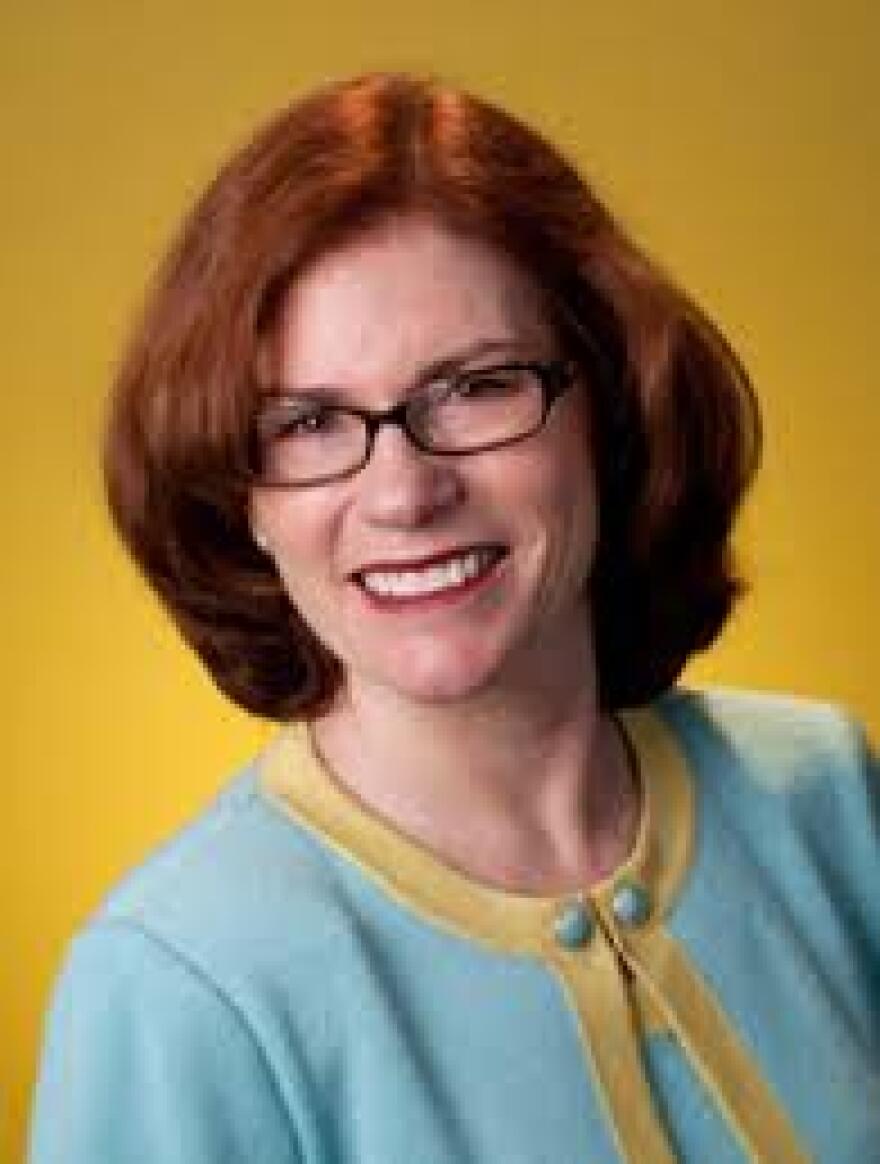Days after a plan to split the Florida A&M-Florida State University College of Engineering emerged in the Florida legislature, FSU officials are now telling their side.
In a message to FSU employees Friday, interim President Garnett Stokes says the school is considering new programs in biomedical and aeronautical engineering. Stokes says a timeline for transition away from the shared engineering unit is also in the works. FAMU President Elmira Mangum says she and Stokes are looking at the practical—not political—impact of a “divorce”.
“We perform primarily as academic institutions so first we seek to understand before we make a decision. That’s what we’re both doing, getting clarity," she says.
The plan to split the school is being spearheaded by Jacksonville Republican Senator John Thrasher, an FSU alumnus and rumored candidate to replace Eric Barron as the school’s president.
Read FSU's Stokes' Message Below:
Dear Members of the Florida State University Community,
I am honored to serve as Interim President of Florida State University and work side-by-side with you as we move the university forward as one of the nation’s best. During my term as Interim, I plan to regularly update you about our ongoing activities and initiatives. With this first communication, my focus will be on a recent piece of news of great importance to FSU.
You may have heard that Florida State University is pursuing a separate, stand-alone College of Engineering. Having our own college will be instrumental in achieving our goal of being a Top 25 public research university and is important to improving FSU’s performance on the preeminence metrics created by the Florida Legislature and the performance metrics created by the Board of Governors. Nevertheless, we have made clear that FSU cannot pursue our own college without the full commitment of the legislature to protect the academic interests of Florida A&M University and keep their budget whole. The intention is that FAMU would not only keep the portion of the joint college budget that supports FAMU faculty and staff, it would also retain the portion of the joint college budget that currently funds FSU faculty and staff. Retaining ownership of the entire joint college budget frees up substantial funding that allows FAMU to continue its existing programs while building new engineering programs that best align with their own priorities and strategic initiatives.
In order to progress with our preeminence mission and our goal of reaching the Top 25, FSU must increase: the number of faculty, especially in STEM areas; the number of national academy members; the number and amount of funding from grants and contracts; the amount of commercialization; and the number of patents. We will also need to create new programs that play to our strengths, for example, by developing a biomedical engineering degree in conjunction with the College of Medicine or an aeronautical engineering degree with our Center for Aero-Propulsion, Mechatronics and Energy.
FAMU President Mangum and I met yesterday and had a good discussion. FSU is committed to a positive, collegial working relationship with FAMU to assure that the outcomes are positive for both universities. President Mangum and I ended the meeting by agreeing to have members of our staff begin the process of documenting the impact and terms of a separation. To that end I have asked our General Counsel to collaborate with FAMU’s General Counsel as soon as possible to develop an agreement that addresses the needs of students and faculty, a timeline for transition, as well as governance and accreditation issues. It is important that the Florida Legislature act now so that both universities can begin making the necessary investments to assure a complete transition over the next three to four years.
Although this is the beginning of the conversation, I am optimistic that we can work together to create a plan that will protect the engineering programs of both institutions. Most importantly, our priority is the welfare and successful graduation of students at both universities. I have every confidence that the outcome of this situation will be what is best for the well-being of our students, faculty and staff, will advance FSU’s goal of being a Top 25 institution, and will allow us to improve our performance on the metrics outlined by the Florida Legislature and the Board of Governors.
I look forward to continued conversations with President Mangum and her staff as we work through this complex issue for our two universities, the Tallahassee community, and the State of Florida.
Again, I am proud to have the opportunity to serve FSU as Interim President. I anticipate seeing many of you on campus as we head toward the numerous activities leading up to commencement ceremonies in May. I welcome your thoughts on the initiatives FSU is pursuing, so feel free to contact me at any time.
Best,
Garnett
Garnett S. Stokes, Ph.D.
Interim President
Florida State University



